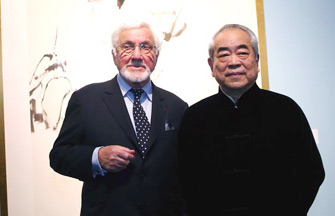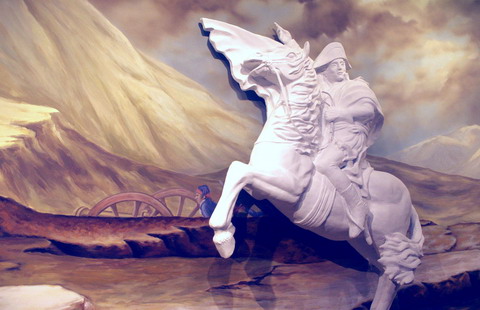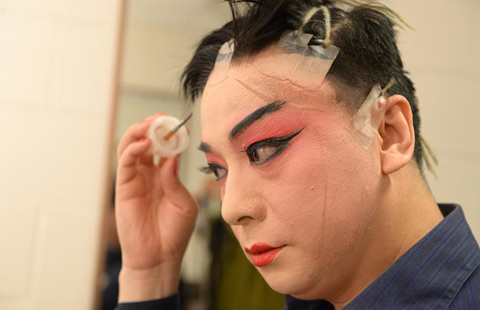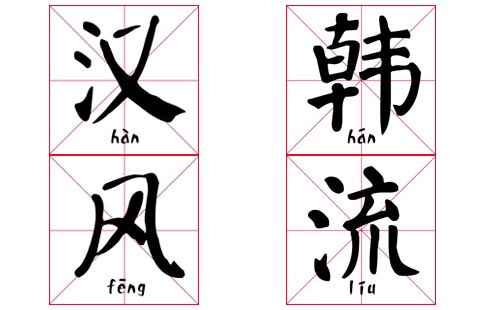Royal bronze chariot found after 3,000 years
By Ma Lie in Xi'an ( China Daily ) Updated: 2014-09-01 09:27:51A bronze chariot made during the Western Zhou Dynasty (c. 11th century-771 BC) has been found in Qishan county, Shaanxi province - and archaeologists believe it may be a ceremonial vehicle used by princes.

"We found the chariot, which was buried 1.2 meters underground, in farmland at the village of Hejia," Zhang Yawei, director of the county's Zhouyuan Museum, told China Daily on Saturday. "We were surprised that it is large with a high bronze content."
Experts from the School of Archaeology at Peking University, the Shaanxi Provincial Institute of Archaeology and Zhouyuan Museum found the chariot on Aug 18 after investigating the site for 10 days.
"It is 2.4 meters long and 1.8 meters wide, and the two wheels are 1.4 meters in diameter," Zhang said.
The wheel rims were made from lengths of bronze 15 cm thick and 5 cm wide. The wooden spokes had rotted away during the 3,000 years the chariot was buried in the ground.
"The bronze wheels are very rare," said Lei Mingming, a member of the team from the Shaanxi archaeology institute. "The wheels of chariots from the Western Zhou Dynasty that have been found previously were made of wood covered with a 1-cm layer of bronze."
The bones of three or four horses were found in front of the chariot.
"The number of horses can only be confirmed after the excavation is completed," Lei said.
The left side of the chariot has been uncovered while part of the right side remains buried. The excavation work is expected to continue for a month.
A large number of bronze items with exquisite ornamentation were found around the chariot, which is thought to be a ceremonial vehicle used by high-ranking royal figures above the level of princes.
"One point that supports the preliminary conclusion that it is a ceremonial chariot is that we did not discover any weapons," said Lei Xingshan, professor of the School of Archaeology at Peking University. "According to historical records, there was less warfare in the peak period of the Western Zhou Dynasty."
|
|
|
|
|
|
|
|
|
|
|





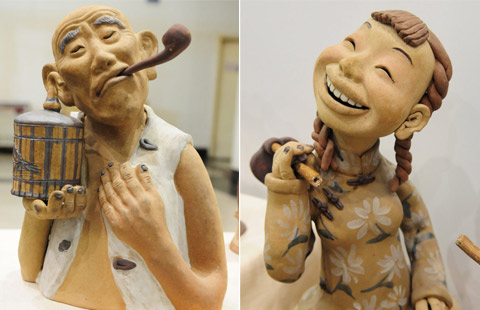


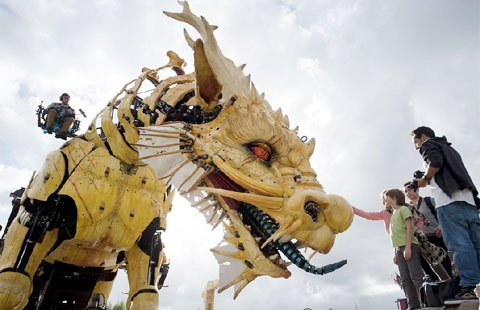













 Selfies and the art of staying within limits
Selfies and the art of staying within limits Raymond Zhou:
Raymond Zhou: Pauline D Loh:
Pauline D Loh: Hot Pot
Hot Pot Eco China
Eco China
